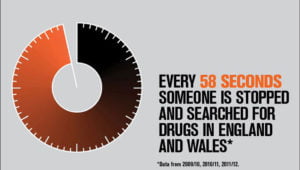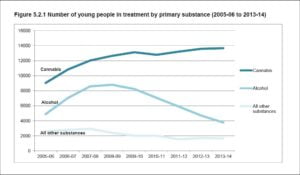
Can we change public service markets for good?
We have to join up commissioning much better for this last group of people. So, should a homeless, unemployed drug dependent offender have one provider to deal with all their problems in the round, or separate providers (all specialists) responsible for each End Result? Reform suggests two possible solutions:











